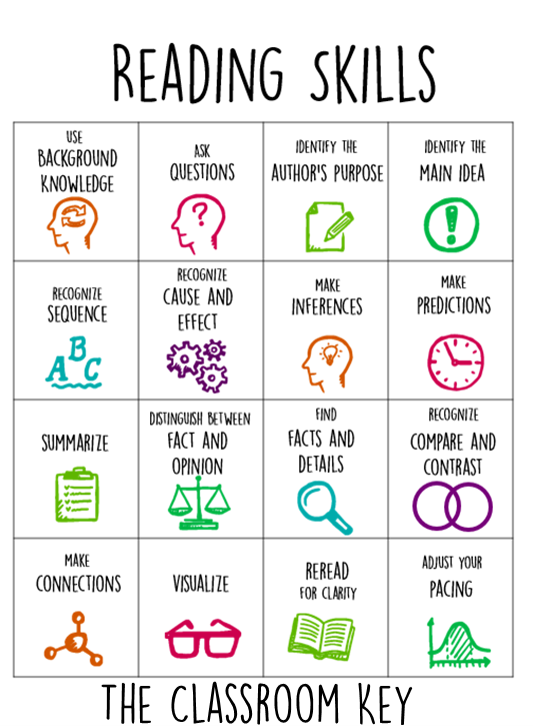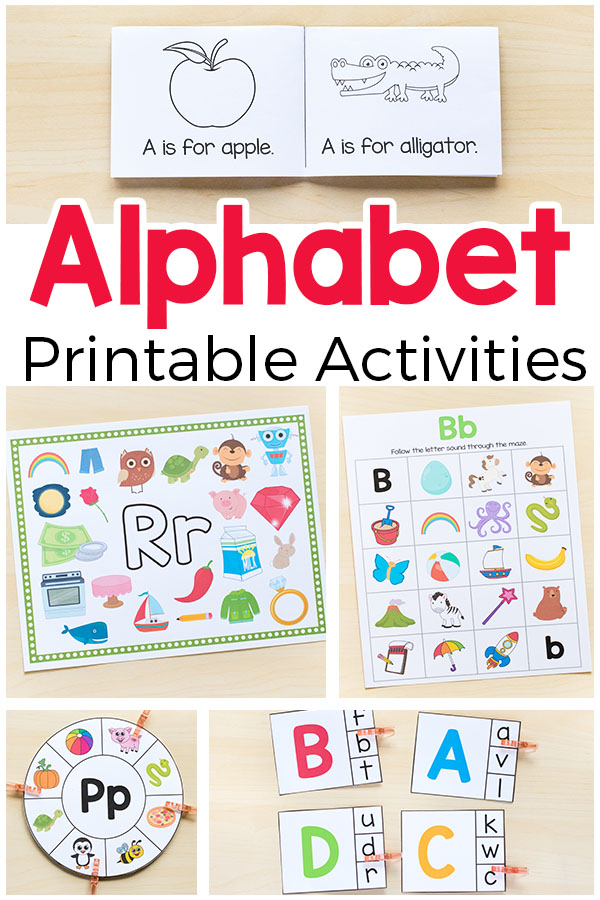Creating effective assessment tools can transform the educational landscape. Imagine a classroom where student understanding is accurately measured, and tailored feedback is provided to stimulate growth. Engaging assessment methods not only enhance learning but also motivate students to perform better. 
Understanding the Need for Effective Assessment Tools
Building effective assessment tools allows educators to address the diverse learning needs of students. By utilizing different strategies, instructors can gather valuable insights into student performance and understanding. This helps in creating a more personalized learning environment that supports each individual’s academic journey.
The Significance of Assessment Strategies
When educators implement well-structured assessment tools, they provide essential feedback to both students and teachers. This allows for adjustments in teaching methods, ensuring that all students are consistently engaged and given the opportunity to excel. Such assessments hold crucial data that can drive educational decisions, enhancing both teaching effectiveness and student achievement.
Optimal Timing and Implementation of Assessment Tools
Effective assessment tools should be integrated throughout the learning process, rather than confined to just exams or quizzes at the end of a unit. Implementing these strategies during lessons allows for ongoing feedback and adjustments. Regular use of formative assessments can make a significant difference, giving students the chance to learn and adapt in real time.
Advantages of Utilizing Assessment Tools
Engaging with effective assessment tools not only enhances the learning experience but also fosters a culture of continuous improvement. Students gain a better understanding of their strengths and areas for growth. Additionally, teachers can refine their instructional strategies, ultimately leading to improved outcomes for everyone involved in the educational process.
Frequently Asked Questions about Effective Assessment Tools
1. What types of assessment tools are considered effective?
Effective assessment tools include formative assessments, standardized tests, quizzes, peer assessments, and self-assessments that cater to various learning styles.
2. How can I create engaging assessment activities?
Incorporating technology, group activities, and real-world applications can enhance engagement in assessment activities while ensuring they are aligned with learning objectives.
3. How often should assessments be conducted?
Frequent assessments—weekly or bi-weekly—are recommended to provide ongoing feedback and promote continuous learning.
4. How do I analyze the results of assessment tools?
Data from assessments can be analyzed through performance metrics, feedback surveys, and discussions with students to identify trends and areas needing attention.
How to Create Effective Assessment Tools
The target of crafting effective assessment tools is to cultivate an environment where student learning can be maximized. During my time as an educator, I key to fine-tuning my assessment strategies. I introduced diverse formative assessments—like interactive quizzes and group projects—which empowered students to take ownership of their learning. For instance, after utilizing a peer-review assignment, I noticed a marked improvement in students’ understanding of the material. The collaboration fostered a sense of community in the classroom while allowing students to develop critical thinking skills. 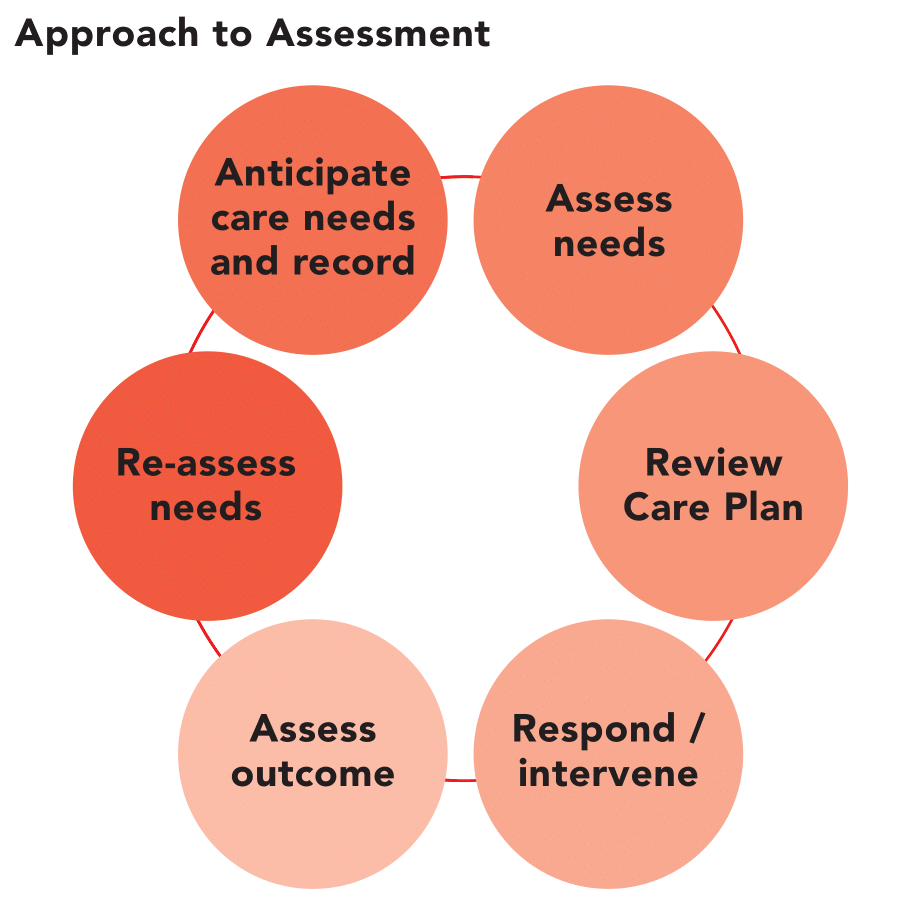
The Importance of Creating Effective Assessment Tools
Implementing effective assessment tools fundamentally enhances the learning process. The clarity they provide to both students and educators helps navigate the educational journey, ensuring everyone progresses effectively towards their goals.
If you are searching about Supplier Risk Management: Risk Mitigation & Assessment you’ve came to the right place. We have 8 Pics about Supplier Risk Management: Risk Mitigation & Assessment like 7 Assessment Strategies That Put Aside Paper and Pencil – Learning-Focused, Unlocking Potential: A Comprehensive Look At Kindergarten Assessment and also 7 Assessment Strategies That Put Aside Paper and Pencil – Learning-Focused. Here you go:
Supplier Risk Management: Risk Mitigation & Assessment
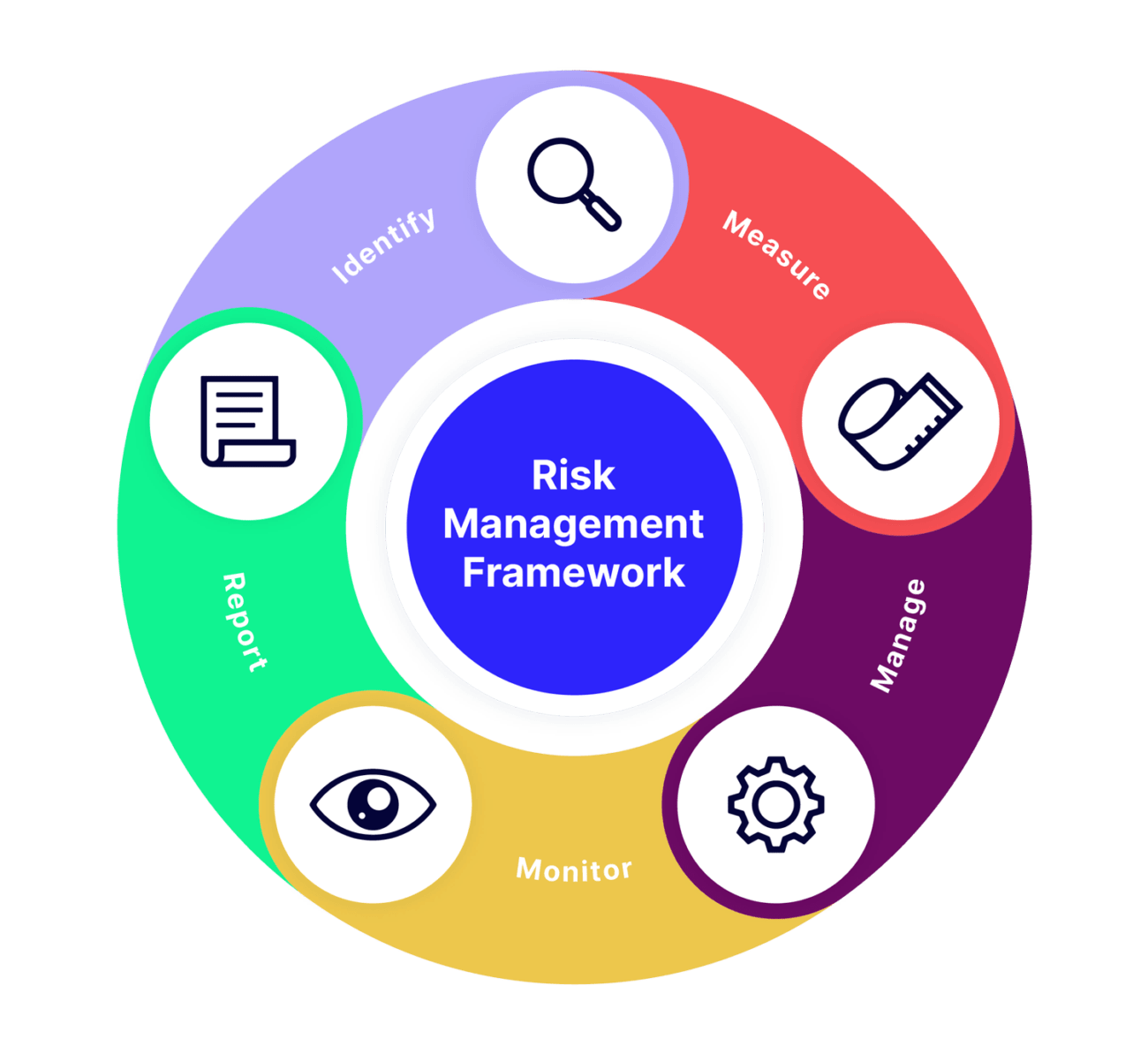
www.hicx.com
framework mitigation
Reading Strategies Self-Assessment – Learning Center
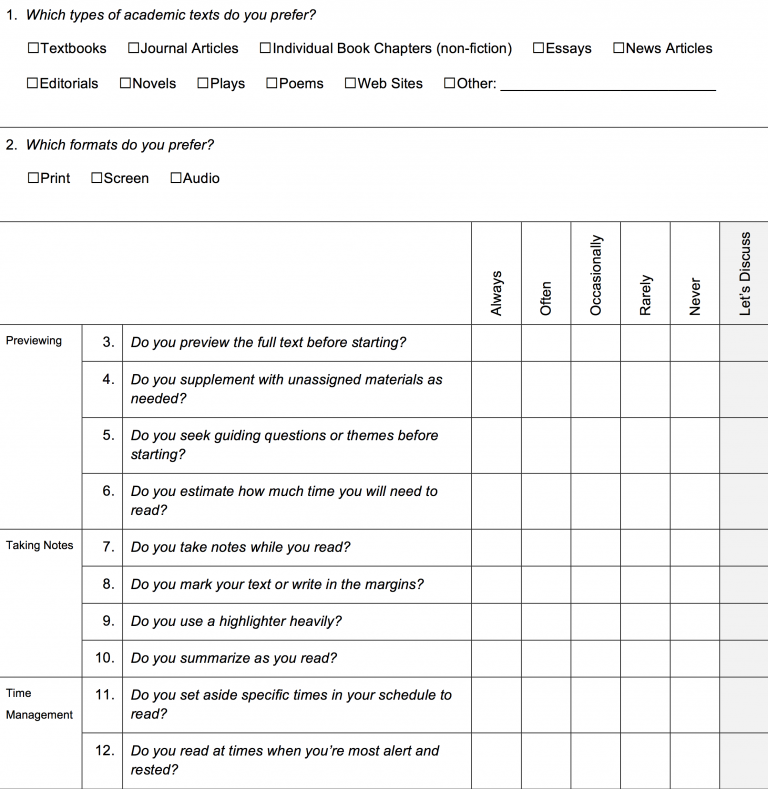
learningcenter.unc.edu
assess habits unc discuss
27 Formative Assessment Tools For Your Classroom – Artofit

www.artofit.org
Features Of Effective Assessment | Formative Assessment, Summative

www.pinterest.co.uk
Unlocking Potential: A Comprehensive Look At Kindergarten Assessment

mapoftaiwanandhongkongarea.pages.dev
What Is An Assessment Tool? – Cloud Assess

cloudassess.com
Activity 4: Assessment Tools – PCC4U

pcc4u.org.au
assessment tools palliative tool examples activity modules
7 Assessment Strategies That Put Aside Paper And Pencil – Learning-Focused

learningfocused.com
strategies traditional
Assess habits unc discuss. Framework mitigation. 27 formative assessment tools for your classroom – artofit
